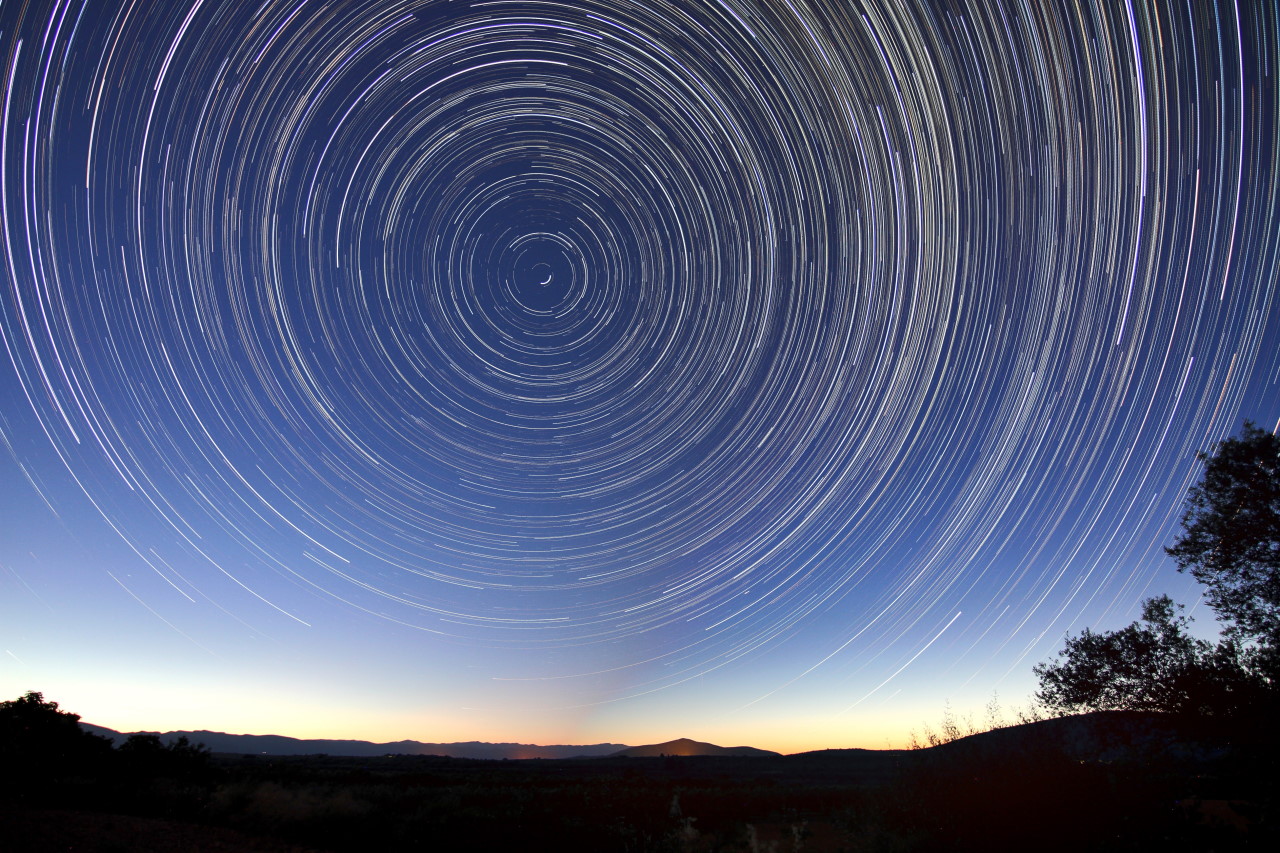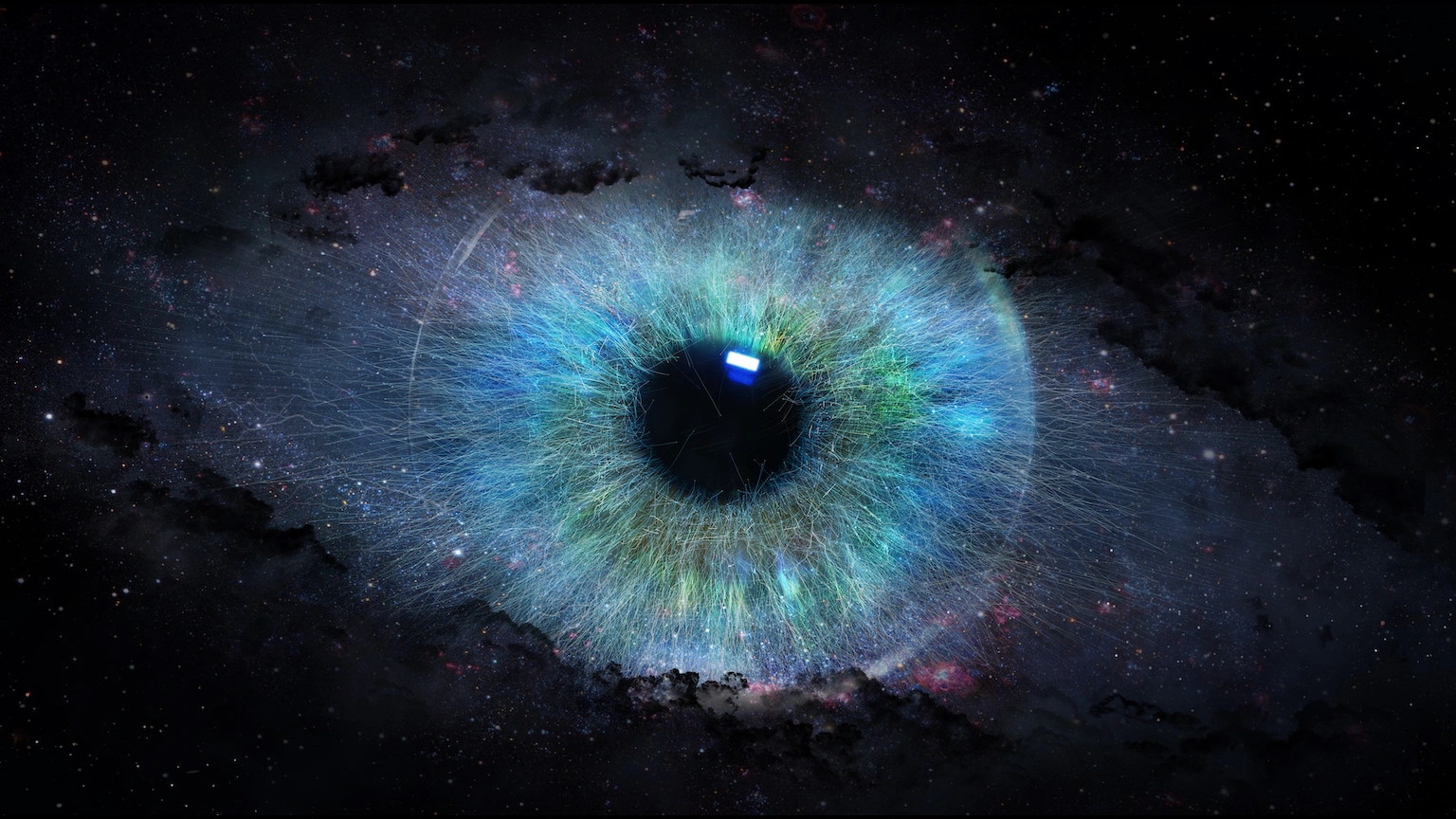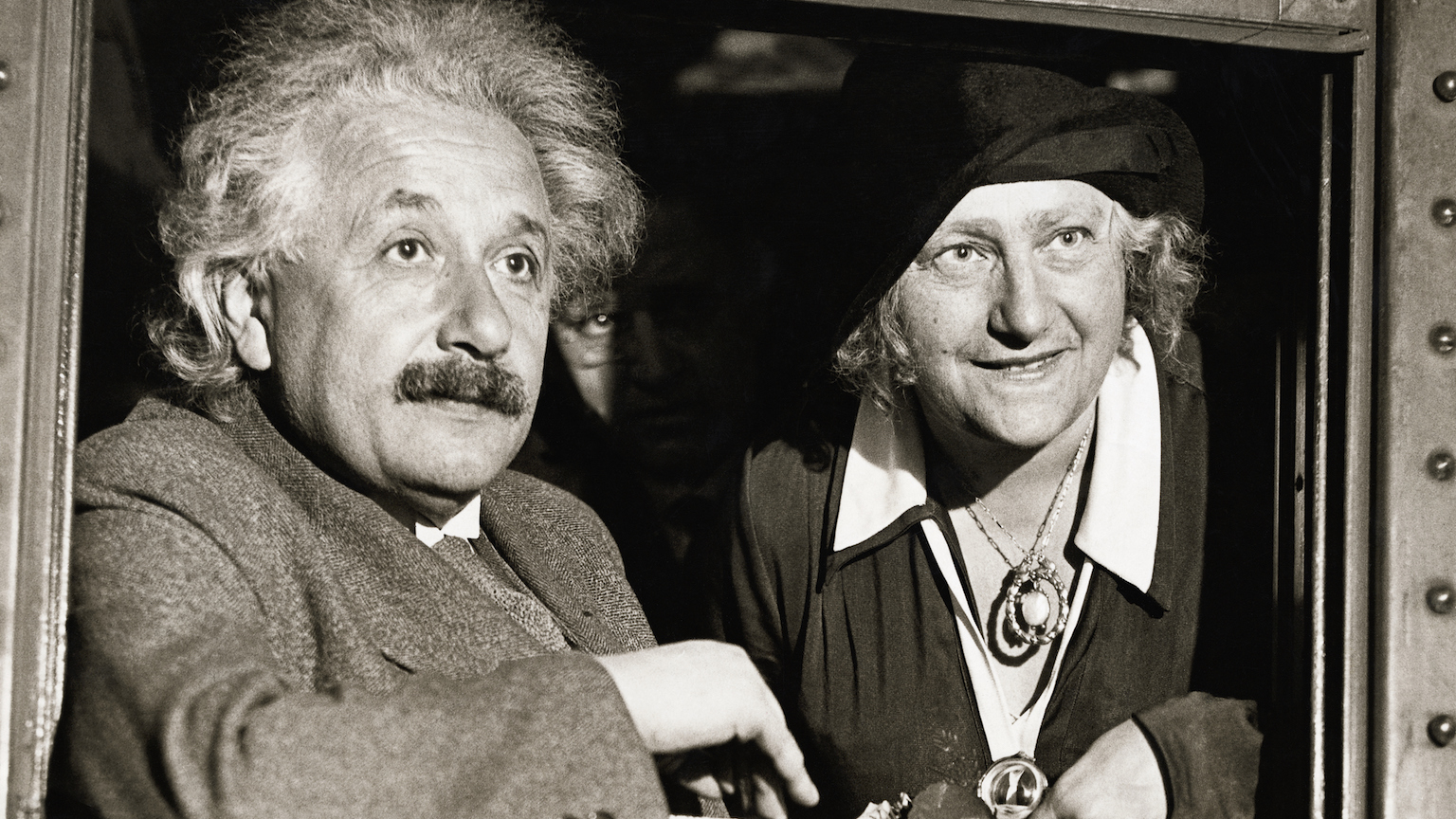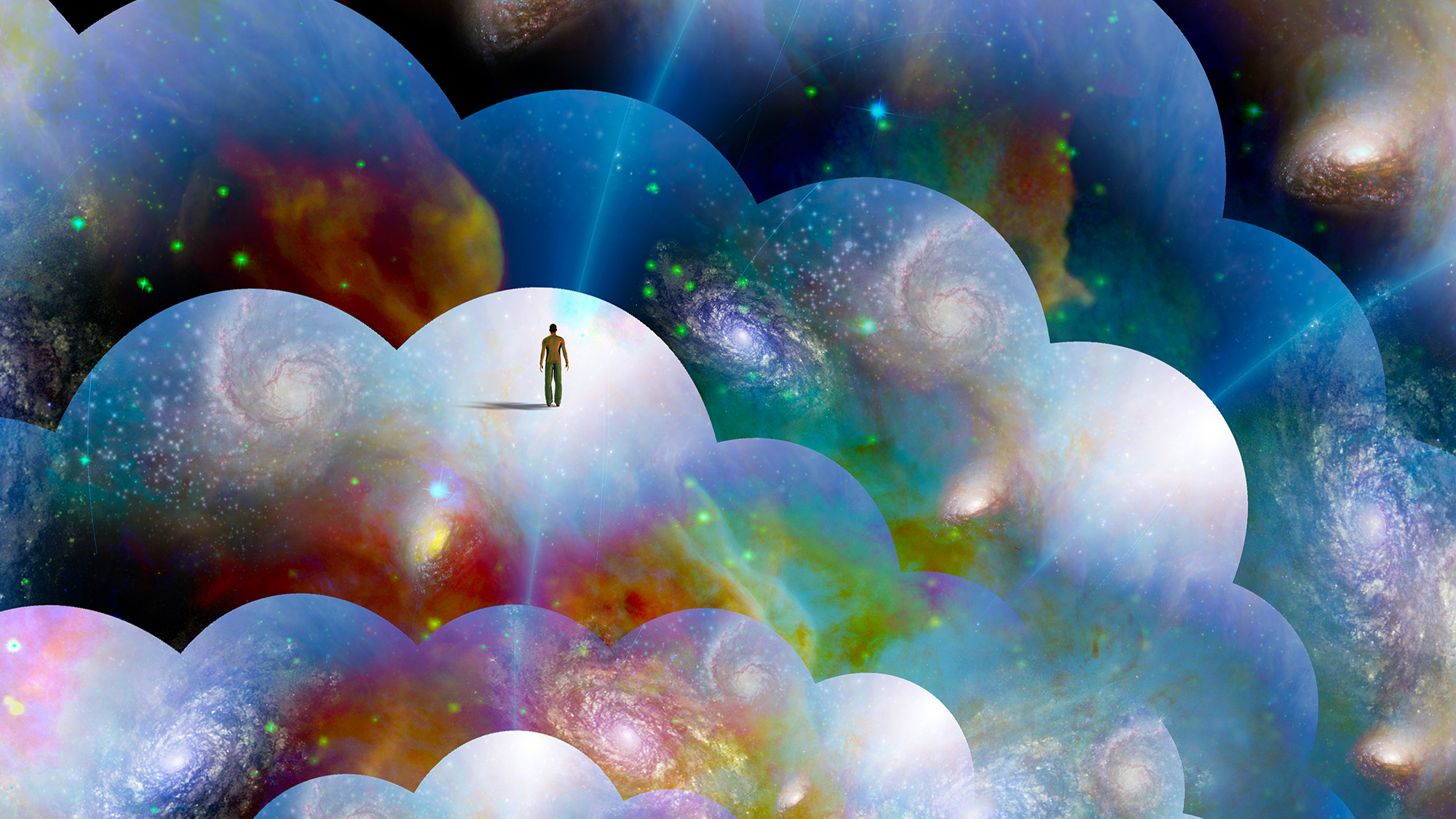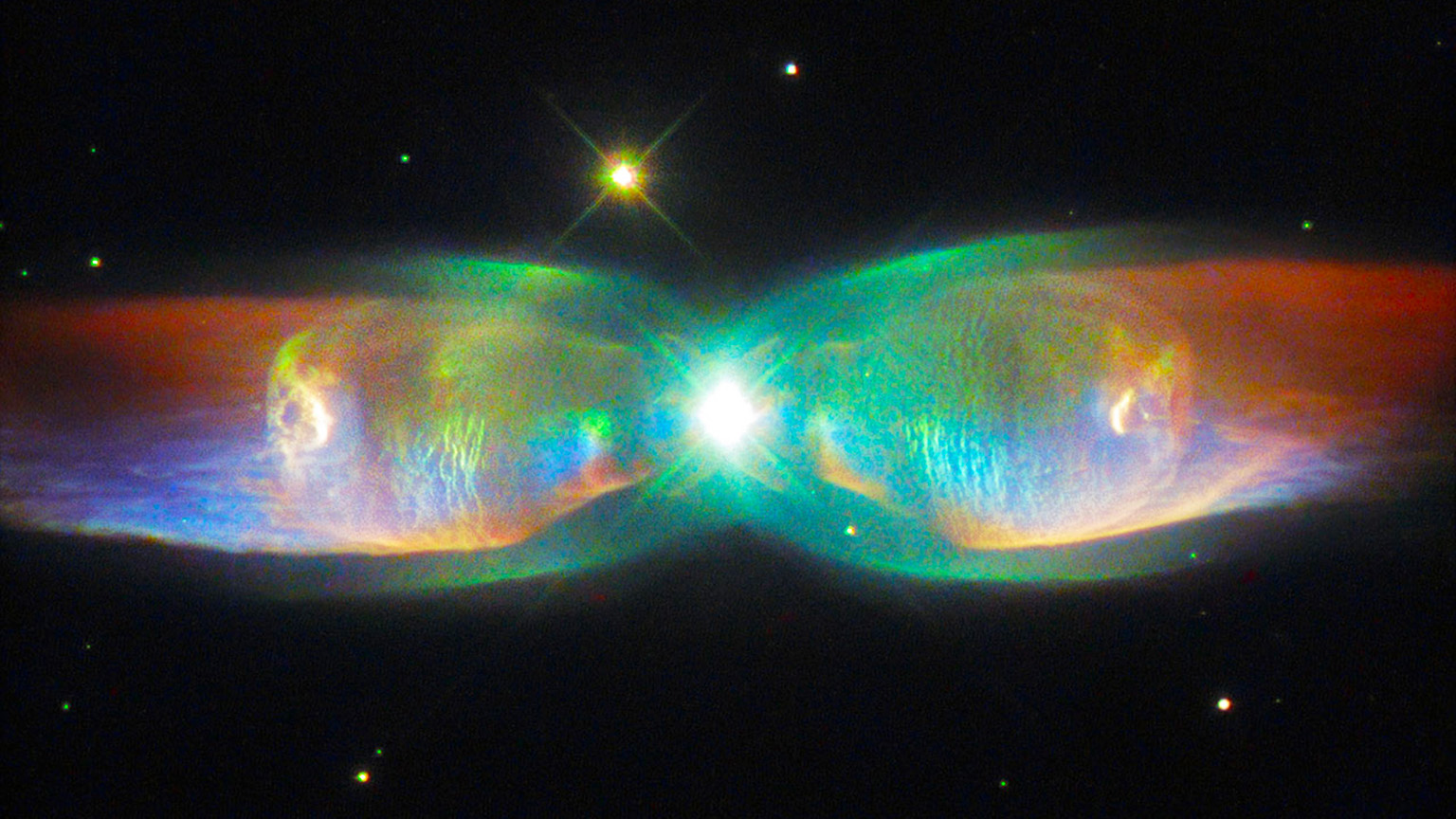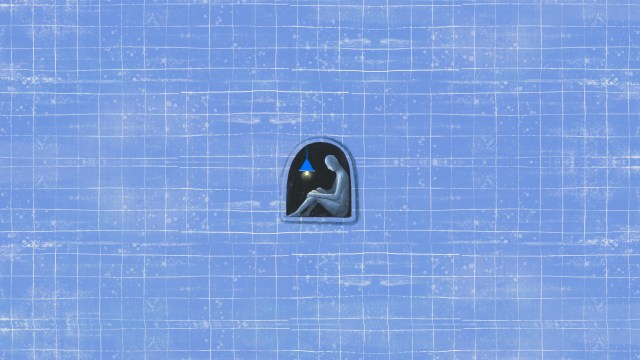Science is like watching a strange game and trying to figure out the rules

- If Nature is like a game played by the gods, scientists are the observers trying to figure out some of the rules.
- To decipher these rules, they need tools of exploration. These are the lifeblood of the natural sciences.
- Try as we might, we can never unveil the full complexity of the game.
During the summer between high school and college, proud science geek as I was, I split my time between playing beach volleyball and reading the Feynman Lectures on Physics, a classic college physics textbook. Right at the beginning of Richard Feynman’s phenomenal text, in volume 1, lecture 2, I found a quote that I never forgot. (I will gently adapt it here from chess to soccer, in keeping with the spirit of the upcoming World Cup.)
“What do we mean by ‘understanding’ something? We can imagine that this complicated array of moving things which constitutes ‘the world’ is something like a great [soccer] game being played by the gods, and we are observers of the game. We do not know what the rules of the game are; all we are allowed to do is to watch the playing. Of course, if we watch long enough, we may eventually catch on to a few of the rules. The rules of the game are what we mean by fundamental physics. Even if we knew every rule, however, we might not be able to understand why a particular move is made in the game, merely because it is too complicated and our minds are limited. If you play [soccer] you must know that it is easy to learn all the rules, and yet it is often very hard to select the best move or to understand why a player moves as he does. So it is in Nature, only much more so.“
In this analogy, the laws of Nature are akin to the rules of a game. The physicist’s role is to figure out what those rules are. By the time I read the above passage, I already knew that I wanted to spend my life trying to figure out Nature’s game, but Feynman’s book helped turn my youthful interest into an abiding passion.
Scientists try to figure things out by methodically observing what happens in the world, using our instruments and our intuition in tandem with our deductive abilities. That method gives the pursuit of scientific knowledge its trajectory, so that what started with Pre-Socratic philosophers in ancient Greece around 650 BCE became what we call modern science, more than two millennia later, with the work of Galileo, Kepler, Descartes, Newton, and many others.
Changes in the Cosmos
Feynman’s analogy illustrates several aspects of scientific thinking, the most obvious being our perennial blindness. Even as we decode some of the rules of the game, our understanding remains incomplete. As the French philosopher Bernard Le Bovier de Fontenelle wrote in 1686, “All philosophy is the product of two things: curiosity and shortsightedness.” There is a creative tension between wanting to see it all, and simply not being able to.
To illustrate this, we can think historically. The Cosmos looked very different to Columbus in 1492 than it did to Newton in the late 17th century. In turn, Newton’s Cosmos was very different from our own. In the early 1500s, the Universe was finite, closed up like a sphere, with Earth fixed at the dead center of creation. To Newton, the Cosmos was infinite, its mechanisms described by precise quantitative laws, as if Nature knew mathematics. To find the laws of Nature was to read the mind of God, the Great Geometer, and thus to figure out, at long last, the rules of the game. And how do we do this? By watching what Nature does — in essence, watching the game as it is played. Today, we do not know whether the Universe is infinite or not. But we do know that it is expanding — the distances and speeds between galaxies are growing at an accelerated rate.
Amplifying reality
The laws of Nature are how we organize the regularities and behaviors we can observe. Some regularities are easy to identify, like the tides, the seasons, or the phases of the moon, and Newtonian physics explains all of these well. Others are harder to figure out, like the energy spectrum of the hydrogen atom, the procession of Mercury’s orbit, or superconductivity. If we continue with Feynman’s analogy, the gods play a very subtle game of soccer, mixing visible moves with others we cannot see. We see volcanos erupt on Earth, but not on Saturn’s moon Enceladus. We see waves crashing at the beach, but not electron waves diffracted by crystals. To reveal at least part of the unseen rules, we amplify our vision with special tools. Our reality amplifiers include telescopes, microscopes, mass spectrometers, particle accelerators — sensors and detectors of all kinds. Without these tools of exploration, modern science is blind.
New instruments have the potential to reveal new, and often unexpected, laws. Sometimes what they discover is revolutionary, and it forces us to rethink some fundamental aspect of reality: the structure of space and time, the relationship between matter and energy, the properties of a star, the origin of the universe or of life. Science is the sum total of our effort to figure things out. It is an ongoing, self-correcting process, and it is always incomplete. The more we learn about the subtleties of this celestial soccer game, the more we realize we have yet to learn. Who knows, maybe the laws form an infinite labyrinth, without beginning or end. Maybe the best that we can do is to catch glimpses of it here and there, to the great amusement of the gods that watch us.
